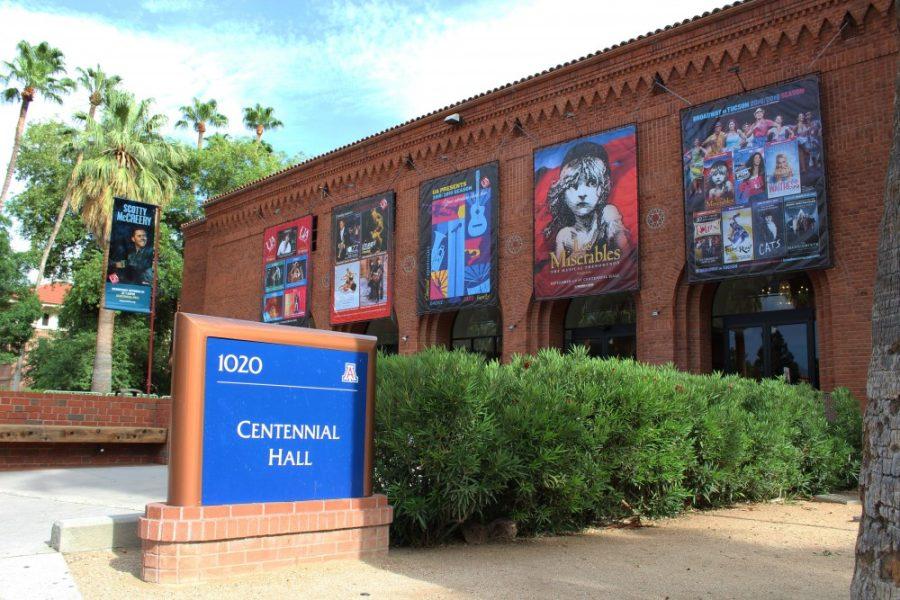In the middle of the semester within the midst of already-stressful midterms, students are required to choose their classes for the following semester—a process that can either occur smoothly or necessitate a trip into the black hole of the university’s bureaucracy, specifically the advising system.
The first daunting task is the navigation of UAccess, the supposedly student-friendly platform for class registration. Instead of a quick and easy method for choosing classes, UAccess is frought with error upon error and searches that net over a thousand results, which make navigating the system both tedious and infuriating. And not once in the past three years has the site undergone any sort of significant updates, but rather continues to function in a way that harkens back to the days of Windows 95, replete with navigation malfunction and random refreshing that crashes the site.
If the student is lucky enough to fill his or her shopping cart without the dreaded “Shibboleth Error” screen, he or she might be able to enroll successfully at the ever-convenient time of 6 a.m., when they still have to fight for spots in sought-after classes. For some, though, errors in the system or bureaucratic red tape demand an unfortunate visit to an advising department during the exasperating week of walk-in appointments. We all know the feeling of arriving at an adviser’s office and seeing a dozen students on their phones waiting, occasionally checking a never-ending list, hoping that their name will be called next. Sometimes, the information given by advisers could just as easily have been sent via email. It can be worse than the DMV.
Or, as those students in the Honors College are aware, there are myriad advisers working specifically for honors students, yet without much real power or insight. This year, the Honors College hired another adviser — bringing the total to five—and continues to mandate that students visit with their adviser at least once per year. The only purpose of these meetings, though, is for the advisers to tell students how many honors units are required and suggest that they take more honors classes.
Why is this accepted? The UA consistently claims to be one of the top institutions in the country, yet continues to let UAccess produce problem after problem, and tries the patience of both students and advisers by straining the advising caseload. Currently, for instance, there are only two advisers for political science, one adviser for economics, and one adviser taking on anthropology, Judaic studies and Middle Eastern studies. Or, in the case of the Honors College, the issue is reversed and more advisers are hired than are necessary.
Obviously, it is unlikely that students will receive the help they need and deserve when the system is designed to discourage both extended class searches through UAccess and visits to walk-in advising. The advisers are trying but the system seems intent on ruining everyone’s registration.
Even though the budget is perpetually strained, a one-time investment into improving UAccess and hiring more advisers would greatly benefit students. We already pay fees for, among others: the rec, library, campus health, Wildcat Events Board and UA media, not to mention the various service fees that are universally charged to students. Why not add a $10 UAccess fee and use the $300,000 that would be generated to improve the service?
Or, better yet, why not allocate money to more constructive places? It seems as though money is continuously being diverted away from the students and toward the personal interests of the school—as indicated by the six-figure bonuses awarded to the presidents of ASU and UA this fall.
Rather than reward those on top with still-larger salaries for simply doing their jobs, it would be more prudent to improve the vast array of inefficiencies that plague students’ attempts to better themselves and prepare for their futures.
Follow Cooper Temple on Twitter.








